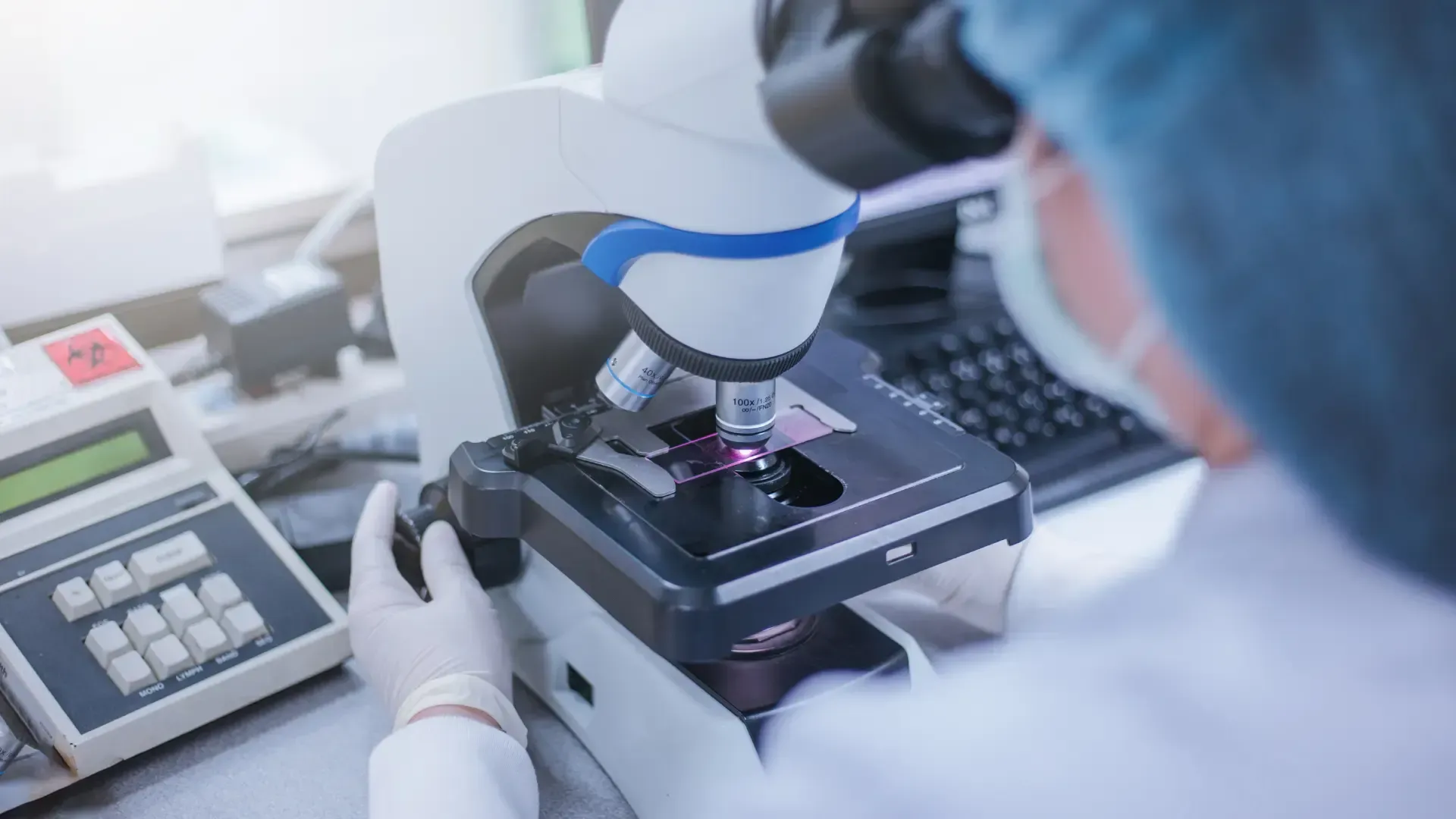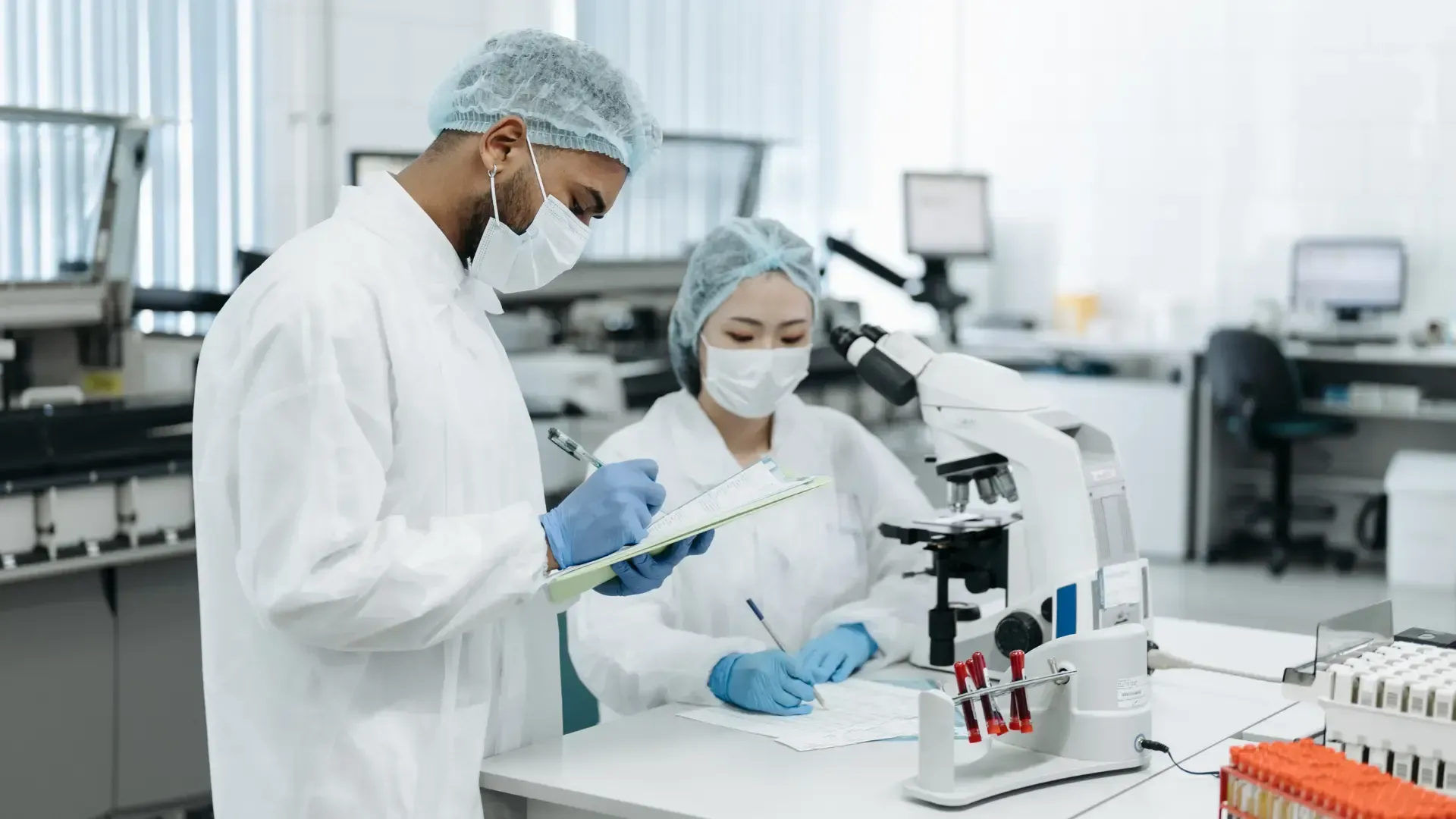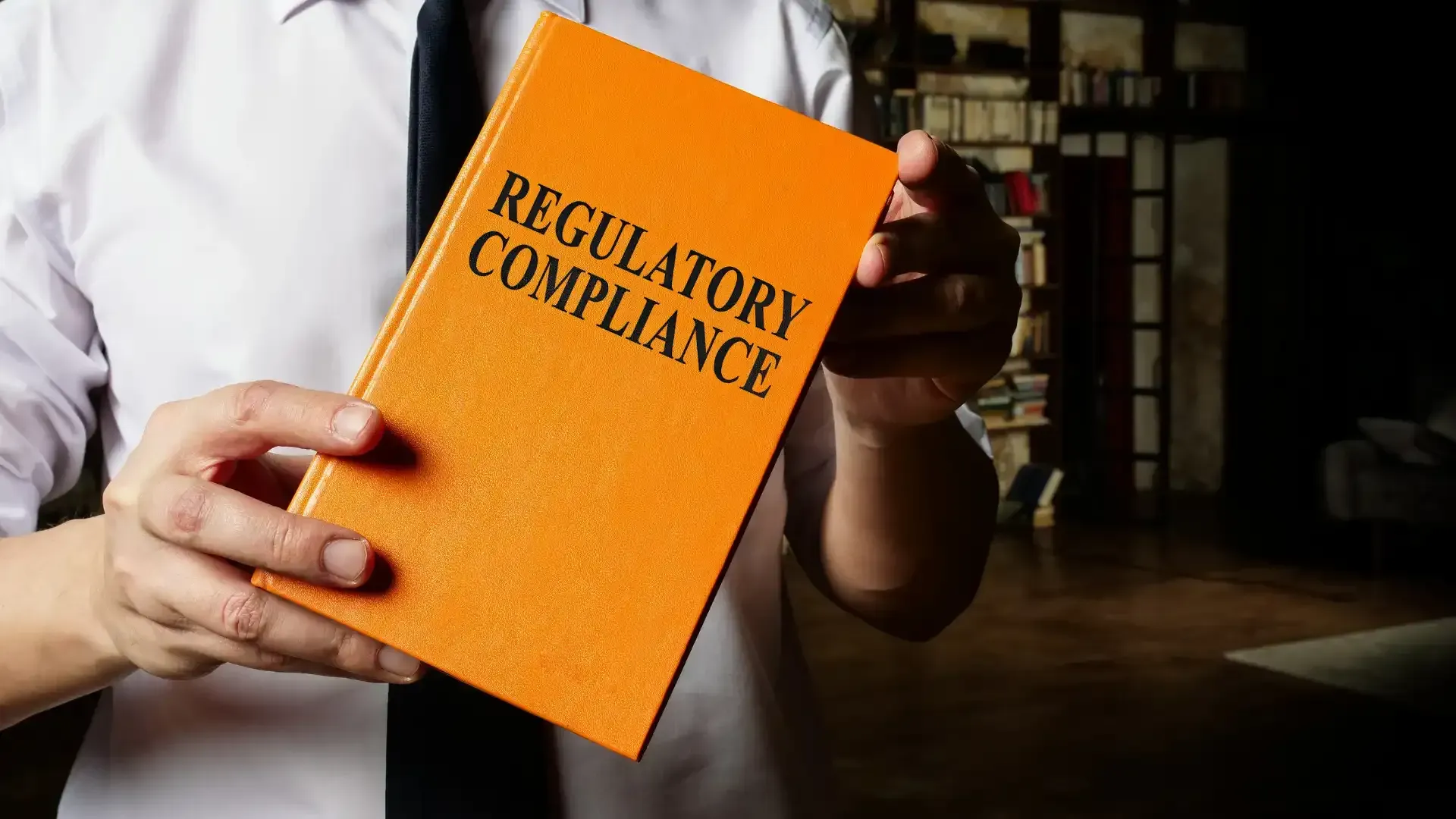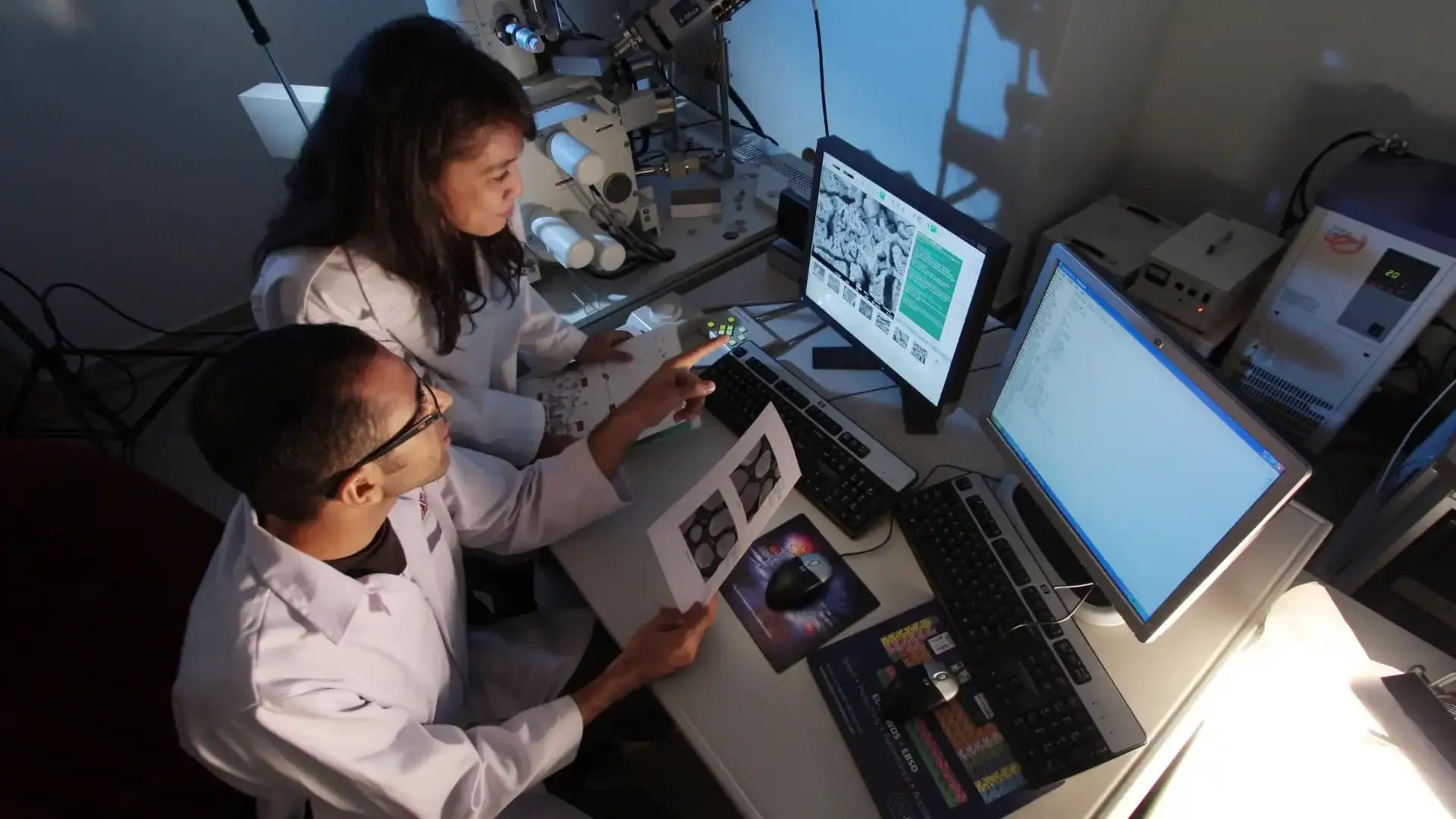EXPLORING THE BENEFITS OF COLLABORATIONS
Partnering with GreenTech Solution Group: Advancing Education and Research
Understanding Our Lab
Brief Overview of Our Specialization
We are a distinguished team of scientists specializing in testing and research within the realm of plant science. With expertise in water, soil health, coconut, and broader agricultural matters, our commitment to advancing knowledge has garnered recognition both nationally and internationally.
State-of-the-art Equipment
Our scientists are equipped with cutting-edge High-Performance Liquid Chromatography (HPLC) and Gas Chromatography (GC) instruments, essential for precise chemical analyses of plant compounds. Partnering with us provides exclusive access to these advanced tools, significantly enhancing research capabilities. Additionally, we offer Quadruple Mass Spectrum analysis, expanding our analytical repertoire to provide comprehensive insights into molecular compositions. This multifaceted approach ensures a thorough understanding of substances and positions us at the forefront of analytical research, ready to contribute to groundbreaking discoveries in collaboration with our partners.
Strategic Collaboration Opportunities
Access to Specialized Equipment
Partnering with us grants access to specialized equipment, such as the high- performance chromatography system. This advanced technology allows for precise chemical analyses, enhancing research capabilities.
Expertise in Plant Science
Our team comprises experts in plant breeding and genetics, with extensive experience in these fields. Our guidance enriches educational programs and empowers students with valuable insights.
Quality Control and Testing
Reliable Results and Revenue Growth
Partnering with us enables the implementation of rigorous quality control and product testing protocols. This ensures the reliability and safety of research findings. Our testing services can generate revenue while serving the industry's needs.
Type of Testing
In accordance with the 2018 Farm Bill, our testing procedures are designed to align with the regulatory framework established for agricultural production. Our comprehensive testing encompasses various aspects, including but not limited to quality, safety, and compliance. We employ standardized sampling procedures to ensure representative samples and accurate results. Certification and compliance testing are integral components, ensuring that our products adhere to the specified standards set forth in the legislation. Utilizing approved testing methodologies and precise techniques, our testing covers key parameters relevant to agricultural production, promoting transparency and accountability. Our commitment extends to testing at different stages, from cultivation to processing, in alignment with state regulations and USDA guidelines. By adhering to these rigorous testing protocols, we aim to uphold the integrity of our products, contribute to industry compliance, and support the responsible growth of the agricultural sector under the 2018 Farm Bill.
Regulatory Compliance
One of the key advantages of partnering with us is our expertise in navigating the complex regulatory landscape surrounding plant compounds. Ensuring strict compliance with local and federal regulations is paramount. Our team possesses an in-depth understanding of the legal frameworks, allowing for confident research and educational programs.
We provide comprehensive guidance on obtaining the necessary permits, adhering to quality control standards, and ensuring that all research activities are conducted in full compliance with applicable laws. This guidance minimizes legal risks and ensures operations within the boundaries of the law.
Partnership Areas
Curriculum & Training:
- Help to infuse STEM/STEAM-focused research into academic programs.
- Partner to co-create and deliver curriculum for real-world relevance.
- Facilitate industry expert involvement in workshops.
Workforce Development:
- Be a resource for customized training aligned with industry needs.
- Help plan and offer job training classes for workforce demands.
- Be an industry partner in continuing education for skill enhancement.
- Providing opportunities for students through internships and hands-on experience at the laboratory, our commitment to supporting education and fostering growth within the environmental & agricultural industry.
Event Hub:
- Host conferences, seminars, and workshops related to our industry.
- Utilize advanced lab facilities for events.
- Flexible event planning for community engagement.
Partnership Benefits
Cutting-Edge Education:
- Hands-on experience in diverse lab spaces.
- Contribute to the reputation of both partners as an innovation hub.
Community Empowerment:
- Enhance workforce skills for local economic growth.
- Contribute to ongoing efforts to forge connections between academia and industry.
- Access continuing education for ongoing skill development.
Facility Access:
- Open doors to advanced lab facilities for practical training.
- Offer multipurpose event room for collaborative activities.
Collaborate with our plant science initiatives to help revolutionize education, empower communities, and advance innovation across various lab disciplines.
Interdisciplinary Education
Our studies span multiple disciplines including biology, chemistry, engineering, agriculture, environmental, law, business, and public health, reflecting the inherently multidisciplinary nature of our field.
STEM Integration
Our programs equip students with a thorough understanding of plant science's scientific and technical aspects. From biology to engineering, our multidisciplinary approach prepares students for the challenges of the evolving industry.
STEAM Enhancement
By integrating arts and humanities, we address plant science's complex challenges holistically, demonstrating the essential role of creative and critical thinking in our research.
Collaboration with Academic Institutions
Central to our mission is our collaboration with academic institutions, from elementary to collegiate levels. Through these partnerships, students engage in hands-on research that spans disciplines, promoting a problem-solving orientation and cultivating a well- rounded skill set.
Our studies span multiple disciplines including biology, chemistry, engineering, agriculture, environmental, law, business, and public health, reflecting the inherently multidisciplinary nature of our field.
Industry Connections
We have established strong relationships with key stakeholders in the plant science industry, including producers, processors, and regulatory bodies. These connections provide invaluable exposure to the real-world challenges and opportunities within the industry.
Benefits for Students
Through these industry connections, students gain access to internships, immersive field trips, enlightening guest lectures, and networking opportunities. These experiences not only enrich their education but also enhance their career prospects.
Research Opportunities
Collaborating with us opens doors to a wide range of research opportunities. Students can explore diverse fields of study, including plant profiles, plant chemistry, cultivation practices, and product development. These projects often lead to academic publications and contribute to the growing body of knowledge in the field.
Economic Impact
Preparing students by introducing new concepts in the rising ‘going green’ industries that contribute to local economic development. Job placement and workforce development initiatives stimulate the local economy, creating a win-win scenario for our initiatives and the community.
Community Engagement
Our partnership extends beyond the classroom. We actively engage with the community by offering educational programs, workshops, seminars, and public forums on plant science-related topics. This engagement fosters informed discussions, promotes responsible practices, and addresses public curiosity.
Next Steps
Discuss the Process for Exploring a Partnership
The next steps involve initiating discussions to explore the possibilities of partnership. We recommend forming a dedicated committee or team to oversee this process. This team can include faculty members, administrators, and representatives from potential partners.
The initial phase should focus on clearly defining the goals and objectives of the partnership. What specific research projects or educational initiatives are we interested in pursuing together? What are the expected outcomes and timelines?
Subsequently, a formal memorandum of understanding (MOU) or agreement should be drafted that outlines the roles, responsibilities, and commitments of both parties. This document will serve as the foundation for the partnership.
It's essential to maintain open lines of communication throughout this process to ensure that the partnership aligns with our strategic objectives and our capabilities.
Join the Expedition
Embark with us on a journey that celebrates the marvels of plant science. GreenTechSolutionGroup is a community of scientists, educators, and innovators united by the drive to uncover nature's mysteries and empower positive change. Together, we shape a world where the potential of plants enriches lives, fosters sustainable practices, and opens doors to new horizons for both environmental wellness and human health.
Disclaimer: GreenTechSolutionGroup provides scientific and laboratory information solely for general informational and educational purposes to advance knowledge and promote best practices. This information should not be interpreted as a substitute for professional consultation, regulatory compliance, or validated research protocols. GreenTechSolutionGroup does not assume responsibility for any outcomes resulting from the use or application of this information. It is the responsibility of the researcher, practitioner, or industry professional to ensure proper analysis, validation, and adherence to applicable standards and regulations.
*GreenTechSolutionGroup is not involved in the cultivation or dispensing of cannabis, and we have no affiliations with dispensaries or cultivation sites.













